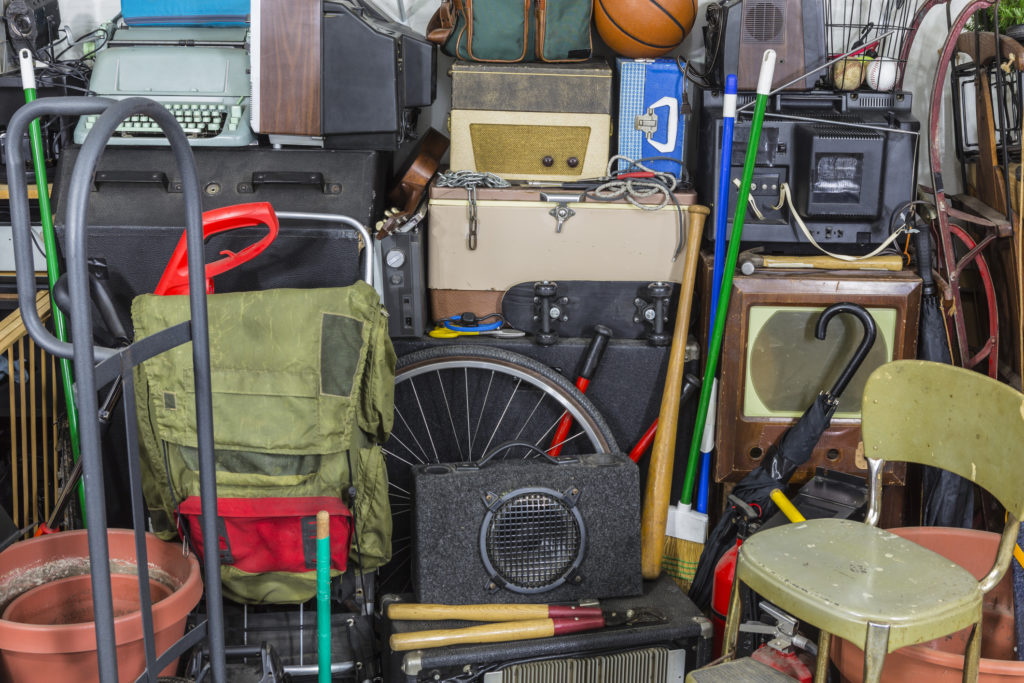
“What do you have in there?” I say, innocently, as I am sorting out a client’s wardrobe and notice an ottoman at the end of the bed.
“My divorce papers from three years ago,” the client replies.
“Um…shall we put them elsewhere, like labelled and in the loft?”
“What a good idea – it may help me sleep better.”
I have spent the last four years assisting people to carefully review their belongings. I have been into more than 100 homes and heard countless stories of change, loss, adjustment and reframing their lives by changing their personal space.
I am one of 150 accredited professional organisers with the Association of Professional Declutterers and Organisers UK. A professional organiser knows they can be that neutral person who gives tacit permission for the client to make previously delayed decisions, like the client in the story above.
I spend a lot of time in cupboards retrieving items and I have transported more than 500 sacks of charitable donations, rehomed unusual belongings and taken away huge volumes for recycling and waste disposal.
But I don’t like the word clutter, as these are your belongings we are looking through and I am very conscious that our belongings play a significant part in telling our stories. It takes courage to go to those cupboards, and perhaps start to change the story of where we have come from and where we are going post-divorce.
If you are able to set parameters together for sorting out your belongings then that’s great. Have a plan which includes what is to go to whom and then what is to be left to your discretion. For example, I have known couples to place all the photographs with a neutral party until they feel ready to look through and divide them up. It is quite common to agree that some items can go, such as your bed and some of your travel souvenirs.
Start with a positive step by creating an area or a box to keep things that are special to you. You were a person in your own right before you married, and have your own interests and identity to hold onto and shape for the future. By keeping those things safe, you can feel more prepared for what you need to let go of, and it starts to disentangle the associations with other items. I have been greatly cheered when people have found mislaid treasures that reconnected them with a perhaps previously lost sense of self.
Be prepared to be emotional as the decluttering process may bring up difficult memories too, so know when you need to have someone with you.
Jasmine Sleigh is owner of Change Your Space (www.changeyourspace.co.uk) in the South West of England. jasmine@changeyourspace.co.uk, 07739455310. You can search for local professional organisers at www.apdo.co.uk.